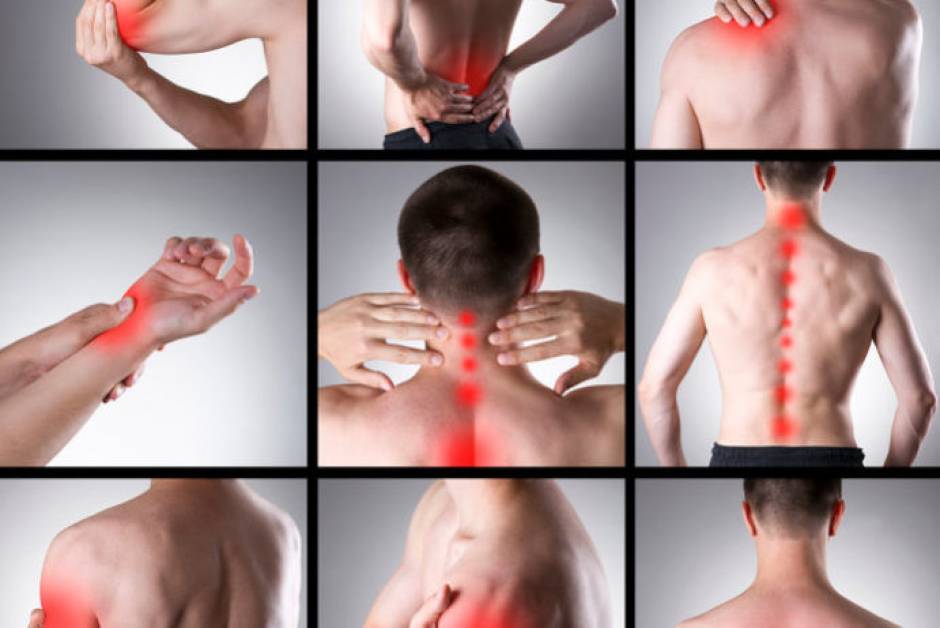
Introduction
Severe muscle pain and discomfort can significantly impact an individual’s quality of life. This comprehensive guide will explore the causes, symptoms, and treatments for severe muscle pain, muscle spasms, and acute musculoskeletal conditions.
Common Causes of Severe Muscle Pain
Muscle Strain and Overuse
Muscle strain, often due to overuse or improper use of muscles, is a leading cause of severe muscle pain. It can occur from activities such as heavy lifting, vigorous exercise, or repetitive movements.
Injury and Trauma
Injuries, including sprains, fractures, and contusions, can lead to acute muscle pain. Trauma from accidents or sports activities is a common source of musculoskeletal pain.
Inflammatory Conditions
Inflammatory conditions such as myositis, polymyalgia rheumatica, and other autoimmune disorders can cause persistent muscle pain and stiffness.
Chronic Conditions
Chronic conditions like fibromyalgia and chronic fatigue syndrome are associated with widespread muscle pain and tenderness.
Identifying Symptoms of Muscle Spasms
Involuntary Muscle Contractions
Muscle spasms are sudden, involuntary contractions of a muscle or group of muscles. These spasms can be brief or last for several minutes, causing significant discomfort.
Localized Pain and Tightness
The affected muscle may feel hard or tight to the touch. Pain can range from mild to severe, depending on the intensity of the spasm.
Restricted Movement
Severe muscle spasms can limit the range of motion and make it difficult to perform everyday activities.
Acute Musculoskeletal Conditions
Acute Back Pain
Acute back pain, often resulting from a herniated disc or muscle strain, is a common musculoskeletal condition. It can cause sharp, stabbing pain and limit mobility.
Tendinitis and Bursitis
Inflammation of the tendons (tendinitis) or bursae (bursitis) can lead to acute pain and swelling in the affected area, commonly in the shoulders, elbows, and knees.
Fractures and Dislocations
Bone fractures and joint dislocations are severe conditions that require immediate medical attention. These injuries cause intense pain and can lead to long-term complications if not properly treated.
Effective Treatments for Severe Muscle Pain and Discomfort
Medications
- Pain Relievers: Over-the-counter pain relievers like ibuprofen and acetaminophen can help reduce muscle pain and inflammation.
- Muscle Relaxants: Prescription muscle relaxants can relieve severe muscle spasms and improve comfort.
Physical Therapy
Physical therapy plays a crucial role in treating musculoskeletal conditions. Therapists use exercises, stretches, and manual techniques to improve mobility and reduce pain.
Rest and Recovery
Adequate rest is essential for recovery from muscle strain and injuries. Avoiding strenuous activities allows the muscles to heal and prevents further damage.
Heat and Cold Therapy
- Heat Therapy: Applying heat to the affected area can increase blood flow and relax tight muscles.
- Cold Therapy: Ice packs can reduce inflammation and numb sharp pain.
Massage Therapy
Massage therapy helps relax tense muscles, improve circulation, and alleviate pain. Professional massages can be particularly beneficial for chronic muscle pain.
Alternative Treatments
- Acupuncture: This traditional Chinese medicine technique involves inserting thin needles into specific points on the body to relieve pain.
- Chiropractic Care: Chiropractors use spinal adjustments and manipulations to treat musculoskeletal conditions.
Preventing Muscle Pain and Discomfort
Proper Warm-Up and Stretching
Warming up and stretching before physical activity can prevent muscle strain and reduce the risk of injury.
Maintaining Good Posture
Good posture is crucial for preventing musculoskeletal pain. Proper alignment reduces stress on muscles and joints.
Regular Exercise
Engaging in regular physical activity strengthens muscles and improves flexibility, reducing the likelihood of muscle pain and spasms.
Hydration and Nutrition
Staying hydrated and maintaining a balanced diet supports muscle function and overall health. Electrolytes, such as potassium and magnesium, are essential for preventing muscle cramps.
Conclusion
Understanding the causes, symptoms, and treatments of severe muscle pain and discomfort is essential for effective management and prevention. By adopting healthy habits and seeking appropriate medical care, individuals can significantly improve their quality of life.